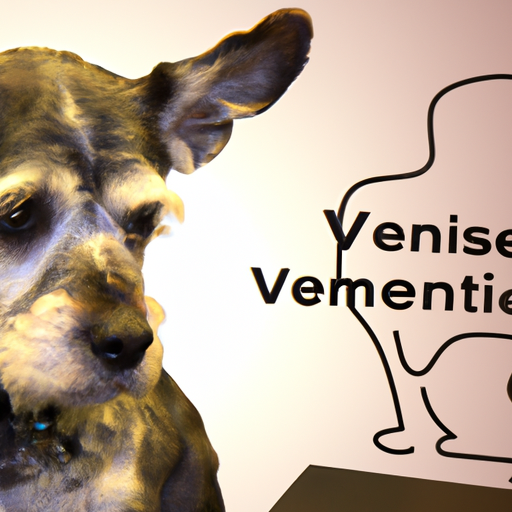Understanding Vestibular Disease
As you care for your beloved canine companion, you might encounter a number of health concerns that can be challenging, to say the least. One such issue is Vestibular Disease, a condition that affects a dog’s balance and coordination. It can be alarming to watch your dog struggle with this disease, but with your love and support, they can manage and live a fulfilling life.
Vestibular Disease is often associated with the following symptoms:
- Loss of balance
- Head tilt
- Rapid eye movements
- Vomiting or nausea
Life Expectancy with Vestibular Disease
How long can your dog live with this condition? The answer can vary greatly depending on several factors, including the severity of the disease, your dog’s overall health and age, and the type of care you provide.
Generally, dogs with Vestibular Disease, specifically the idiopathic or “old dog” vestibular disease, recover in a matter of weeks with supportive care. However, they might still have a slight head tilt or experience occasional balance issues.
Treatment Options for Vestibular Disease
While there is no specific treatment for the disease itself, the symptoms can be managed effectively. Your vet might recommend:
- Anti-nausea medications
- Physical therapy
- Dietary changes
In addition, providing a safe and comfortable environment at home can help your dog navigate better and prevent accidents.
Coping as a Caregiver
Being a caregiver for a dog with Vestibular Disease can be emotionally taxing. Here are some tips to help you cope:
- Educate Yourself: Knowledge is power. Understanding the disease will help you provide better care and cope with the situation.
- Seek Support: Connect with other caregivers dealing with the same issue. Online forums and local support groups can be a great resource.
- Take Care of Yourself: You can’t pour from an empty cup. Ensure you’re also taking care of your own physical and emotional well-being.
Preventive Measures for Vestibular Disease
Prevention is always better than cure. While Vestibular Disease can’t be entirely prevented, you can take steps to reduce risks.
- Regular Vet Check-ups
- Balanced Diet
- Regular Exercise
- Avoid Exposure to Toxins
Frequently Asked Questions
Q: Is Vestibular Disease contagious?
A: No, Vestibular Disease is not contagious.
Q: Can Vestibular Disease recur?
A: Yes, in some cases, Vestibular Disease can recur.
Q: Is Vestibular Disease painful for my dog?
A: The disease itself is not painful, but your dog may feel discomfort from the symptoms.
Q: How can I make my home safe for my dog?
A: Minimize clutter, use non-slip mats, and block off dangerous areas like stairs.
Q: Can a puppy get Vestibular Disease?
A: Yes, but it’s more common in older dogs.
Remember, as a caregiver, your role is crucial in managing your dog’s Vestibular Disease. With your love and support, they can live a happy and comfortable life despite their condition.



